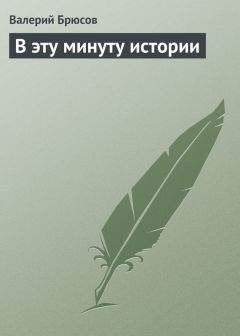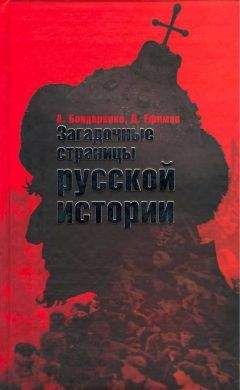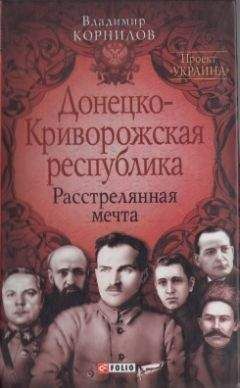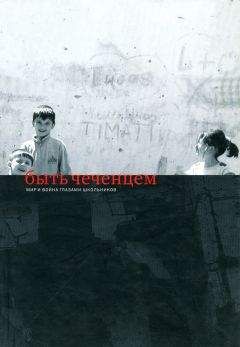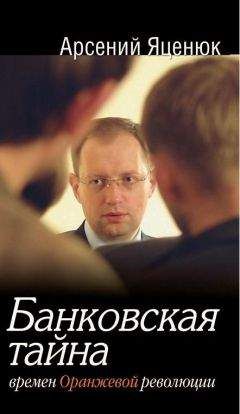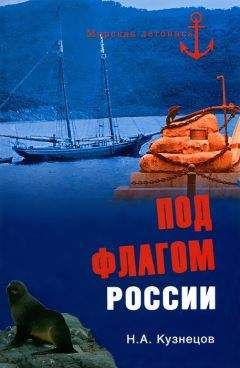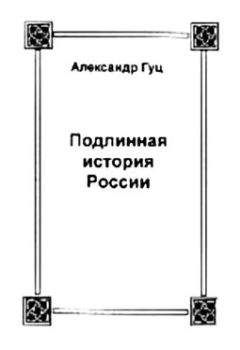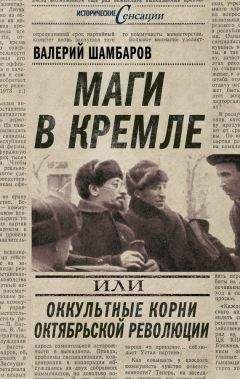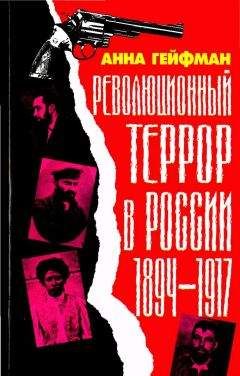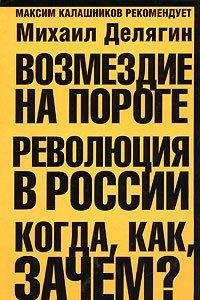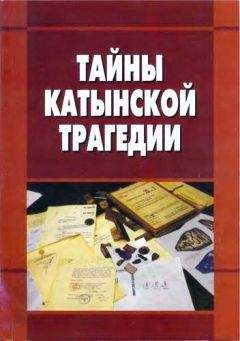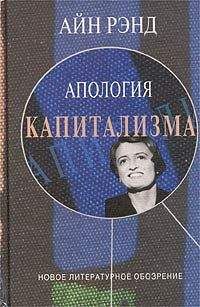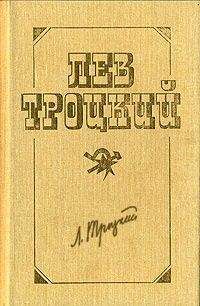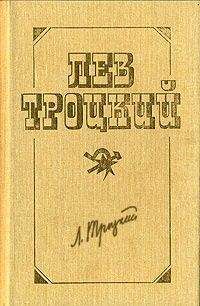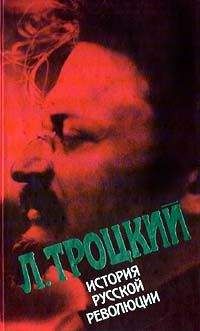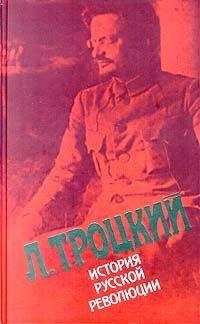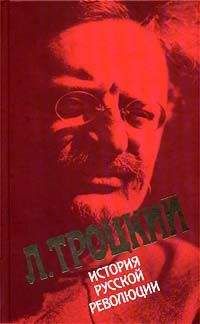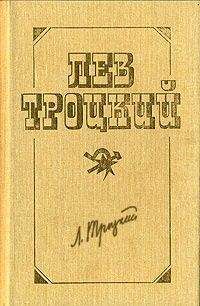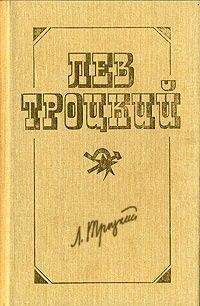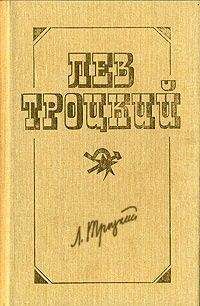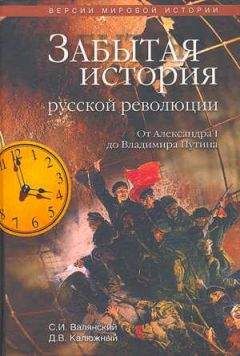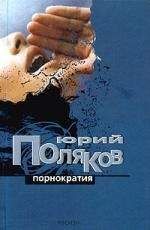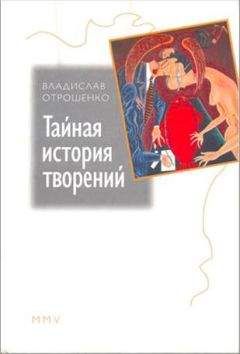Александр Гриценко - Антропология революции
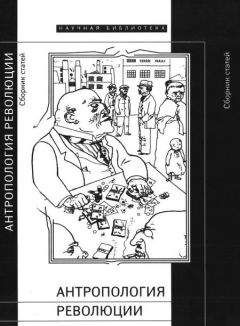
Скачивание начинается... Если скачивание не началось автоматически, пожалуйста нажмите на эту ссылку.
Жалоба
Напишите нам, и мы в срочном порядке примем меры.
Описание книги "Антропология революции"
Описание и краткое содержание "Антропология революции" читать бесплатно онлайн.
В эту книгу вошли статьи, написанные на основе докладов, которые были представлены на конференции «„Революция, данная нам в ощущениях“: антропологические аспекты социальных и культурных трансформаций», организованной редакцией журнала «Новое литературное обозрение» и прошедшей в Москве 27–29 марта 2008 года. Участники сборника не представляют общего направления в науке и осуществляют свои исследования в рамках разных дисциплин — философии, истории культуры, литературоведения, искусствоведения, политической истории, политологии и др. Тем не менее их работы, как нам представляется, могут быть рассмотрены с точки зрения некоторых общих методологических ориентиров. Радикальные трансформации, объединяемые под именем революции (политические, научные, эстетические, сексуальные…), исследуются в этой книге как взаимодействие субъектов, активно участвующих в этих событиях, сопротивляющихся или пассивно принимающих новые «правила игры».
Игорь Дмитриев — историк науки, доктор химических наук. С 1991 г. — директор Музея-архива Д. И. Менделеева Санкт-Петербургского государственного университета. Профессор факультета философии и политологии Санкт-Петербургского государственного университета, профессор кафедры теории и методики естественно-научного образования Санкт-Петербургской академии постдипломного педагогического образования, член Правления Санкт-Петербургского отделения Российского химического общества им. Д. И. Менделеева, член History of Science Society (США), член редколлегий журналов «Вопросы истории естествознания и техники», «Журнала общей химии» и «History of Science» Автор 150 научных работ, в том числе монографий «Квантовая химия, ее прошлое и настоящее» (1980; совм. с С. Г. Семеновым), «Электрон глазами химика» (1983), «Неизвестный Ньютон. Силуэт на фоне эпохи» (1999), «Человек эпохи перемен: очерки о Д. И. Менделееве и его времени» (2004), «Бензольное кольцо Российской империи: создание коксобензольной промышленности на Юге России в годы Первой мировой войны» (2005) и «Увещание Галилея» (2006).
Екатерина Дмитриева — филолог, историк культуры, переводчик. Кандидат филологических наук. Доцент кафедры сравнительной истории литератур Российского государственного гуманитарного университета, преподаватель Московского французского университетского колледжа (МГУ).
Виктор Живов — заместитель директора Института русского языка им. В. В. Виноградова Российской академии наук, профессор Отделения славянских языков и литератур Калифорнийского университета в Беркли.
Олег Лекманов — филолог, доктор филологических наук. Профессор Московского государственного университета и Российского государственного гуманитарного университета, ведущий научный сотрудник Института мировой литературы им. А. М. Горького (Москва)
Николай Митрохин — научный сотрудник Центра исследований Восточной Европы при Бременском университете. Автор книг: «Русская партия: движение русских националистов в СССР 1953–1985 гг.» (2003) и «Русская православная церковь: современное состояние и актуальные проблемы» (2004, 2006).
Елена Михайлик — филолог, историк культуры, поэт. Ph. D., преподаватель Университета Нового Южного Уэльса (Сидней, Австралия).
Марина Раку — кандидат искусствоведения, старший научный сотрудник сектора музыки Государственного института искусствознания, доцент Российской академии музыки им. Гнесиных, заведующая музыкальной частью Московского театра «Мастерская П. Фоменко».
Станислав Савицкий — Ph.D., филолог, историк культуры, арт-критик. Работает в Смольном институте свободных искусств и наук. Автор книг «Андеграунд. История и мифы ленинградской неофициальной литературы» (М.: НЛО, 2002), «Прогулки за искусством: Ленинград — Москва — Свердловск» (СПб.: Про Арте & ГЦСИ, 2008, совместно с Г. Ершовым), статей по истории младоформализма и советской культуры.
Александр Семенов — Ph. D., преподаватель Смольного института свободных искусств и наук, редактор международного научного журнала «АЬ Imperio».
Лоран Тевено (Laurent Thévenot) — социолог, профессор Высшей школы социальных наук (École des Hautes Études en Sciences Sociales (EHESS)), научный сотрудник Национального института статистики и экономических исследований (Institut National de la Statistique et des Etudes Economiques (CREST)). Живет и работает в Париже.
Балаж Тренчени (Balázs Тrcncsényi) — историк, преподаватель исторического факультета Центрально-Европейского университета (Department of History, Central European University) и содиректор Центра исторических исследований этого университета. Редактор журнала «East Central Europe» и венгерского культурологического журнала «2000». Соредактор сборников: Discourses of Collective Identity in Central and Southeast Europe (1775–1945): Texts and Commentaries. Volume I: Late Enlightenment. Emergence of the Modern «National Idea» (2006), Volume II: National Romanticism. The Formation of National Movements (2007); Narratives Unbound: Historical Studies in Post-Communist Eastern Europe (2007).
Михаил Ямпольский — историк культуры, философ, киновед. Доктор искусствоведения, профессор Нью-Йоркского университета. Лауреат Премии Андрея Белого за 2004 год (в номинации «Гуманитарные исследования»).
Сергей Яров — историк, доктор исторических наук, ведущий научный сотрудник Санкт-Петербургского института истории РАН, профессор Европейского университета в Санкт-Петербурге и Российского государственного педагогического университета им. А. И. Герцена (Санкт-Петербург).
SUMMARYMikhail Iampolsky (New York University). «Revolution as an Event of Meaning». Revolution (for people involved in it) is usually a combination of a meaningless chaos and of new aggressive significations. Some theoreticians — Alain Badiou and Henri Lefebvre among them — have applied to revolution a model of a momentary transformation of chaos into a meaningful Gestalt. In his essay lampolski critically analyses this model and suggests that a better approach is possible. He claims that the model of expressivity developed by Spinoza is more adequate for the description of a dramatically changing reality. Reality expresses itself but doesn’t offer to the gaze of a distant observer any unifiable image.
Hans Ulrich Gumbrecht (Stanford University). «How Anthropological is Time? (About „Effects of Revolution“ in Different Chronotopes)». Revolutions, thus the main and deliberately anti-Marxist thesis of this essay, cannot belong to the ontologically «objective» dimension of «real» historical events — but are a type of experience/perception shaped by the historically specific «chronotope» that we are (or rather: we used to be) living in. There is nothing unusual — let alone disrespectful — in this observation: all of our experiences/perceptions of the past depend upon a configuration of chronotopes, i.e. an interference between the past chronotope and the present chronotope, under which they emerge — with «chronotope» being a phenomenological interpretation of the concept Bakhtin was referring to with this predicate. If «Revolution» was a type of experience due to and typical of the «historicist» chronotope as it had emerged in the early 19th century (Darwinian Evolutionism and Hegelian Philosophy of History being its most salient products), we may today no longer see and shape historical discontinuities in the same way — because, thus the second most important hypothesis of this essay, the historicist chronotope may have imploded and vanished, somehow «while our backs were turned,» during the third quarter of the 20th century.
Igor Dmitriev (St. Petersburg State University). «Pierre Simon Laplace — little emperor of great science». This article offers a general description of social, political and cultural aspects of the operation of French science between the Thermidorian revolt and the abdication of Napoleon. It pays special attention to the personality and some peculiarities of scientific creative work of Pierre Laplace (1749–1827), who was not only the most prominent scientist of his time but also the man who (partly thanks to his talent and reputation and partly thanks to his close relationshp with autorities) had noticeable influence on the formation of the French post-revolutionary (or, to be precise, post-Thermidore) scientific community.
Alexander Semyonov (St. Petersburg, Smolny College of Liberal Artand Sciences). «The Revolution of 1905: The Elusive Liberal Alternative». The article seeks to situate the liberal political program in the context of the 1905 revolution in the Russian Empire. It presents an argument against taking the liberal alternative in early twentieth-century Russia as a structurally given offspring of the development of liberal ideas from the nineteenth century or a function of the social position of zemstvo-constitutionalists, intellectuals, and modern professions. The author highlights paradoxes in the debates about modernity and its historical determination among the ideologues of Russian liberalism of the early twentieth century and therefore suggests that the historically formed phenomenon of the liberal alternative should be given back its dimension of political imagination and volition.
Oleg Lekmanov (Russian State University for the Humanities, Moscow State University, and Alexey M. Gorky World Literature Institute). «Fifteen notes made by Aleksandr Tinyakov on Zinaida Gippius’ book „Last poems“ (1918) (On constructing the readers’ history of literature)». This article analyses the notes made by a poet and literary critic Aleksandr Tinyakov (1886–1934) on the margins of a copy of Zinaida Gippius’ poetry collection held in the Russian State Library (Moscow) that were dicovered by the author. These notes, as the article demonstrates, represented preparatory work for Tinyakov’s review of the «Last poems» — that essay was published in the «Orlovskie izvestiya» newspaper. The poems in the «Last poems» collection were extremely critical of the Russian October communist revolution, and Tinyakov in his review declares Gippius’ book to be a socially dangerous act. Paradoxically, Tinyakov’s poetics was very close to that of Gippius, especially to the poetics of the «Last poems». Therefore Tinyakov’s criticism was waging war not on something «alien» but rather on something recognised as one’s own, something that was culturally close to the author of the review.
Ekaterina Dmitrieva (Moscow, Russian State University for the Humanities). «Re-volutio in Sense and Sensibility (on some peculiarities of Eighteenth-Century French Libertinage)». This paper suggessts that the literature of French libertinage served as one of the ab nihilo triggers of the French Revolution. It analyses the ways in which libertinage, that traditionally has been perceived as a revolution in social expressions of the erotic, might, in fact, have emerged from within the code of honntet itself. It explains how the notion of elevated or refined feeling which, in the vocabularly of eighteenth-century libertinage was used to mask desire, led to a ‘reverse evolution’ (re-volutio), and why the ensuing contrasts between refined language and unrefined behaviour, between form and reality, prompted an interpretation of the senses themselves as derivatives of language in some way.
Elena Mikhailik (Sidney, University of New South Wales). «An Unnoticed Revolution». The idea of the «literature of fact» formed in the late ‘20s by the LEF and the New LEF theorists was from its very conception founded on an irresolvable contradiction. The LEF theorists proclaimed that as of now both the form and the content of a work should be determined not by the author but by the nature of the material in question. However to single out a certain «fact» from the general flow and to arrange and edit those facts (regardless of the organisational principle employed) one needed a point of view that would exist separately from the material itself, i.e. that very authorial view that LEF strived to abolish.
The article is going to demonstrate that Varlam Shalamov who in the 1920s had been active on the periphery of New LEF and later dropped out of the literary process due to reasons beyond his control, used the concept of the «literature of fact» to assign meanings to and to assimilate the prison camp environment which (according to Shalamov) existed outside human experience. Shalamov turned an authorial viewpoint into a part of his material and made reproduction of experience his central organisational principle. The paper also discusses some theoretical and literary consequences of that experiment.
Balázs Trencsényi (Budapest, Central European University). «Revolt Against History: National Characterologies in East Central Europe in the Interwar Period». While conservatives in the nineteenth century advocated a political, social and institutional continuity with the pre-modern structures, after WWI the conservative agenda came to be entrenched in the feeling of rupture and the need of restoring the lost tradition with radical means. Having a powerful impact all over Europe, Conservative Revolution in East Central Europe led to the formation of a new discourse of national characterology, seeking to challenge the hierarchy based on the «superiority» of Western Europe and the «derivative nature» of Eastern European civilization. Following the Romanian, Bulgarian and Hungarian debates, the study seeks to unveil the relationship of the patterns of historical representation and the growing infatuation with «national essence» that came to dominate East Central Europe in the interwar period.
Подписывайтесь на наши страницы в социальных сетях.
Будьте в курсе последних книжных новинок, комментируйте, обсуждайте. Мы ждём Вас!
Похожие книги на "Антропология революции"
Книги похожие на "Антропология революции" читать онлайн или скачать бесплатно полные версии.
Мы рекомендуем Вам зарегистрироваться либо войти на сайт под своим именем.
Отзывы о "Александр Гриценко - Антропология революции"
Отзывы читателей о книге "Антропология революции", комментарии и мнения людей о произведении.





